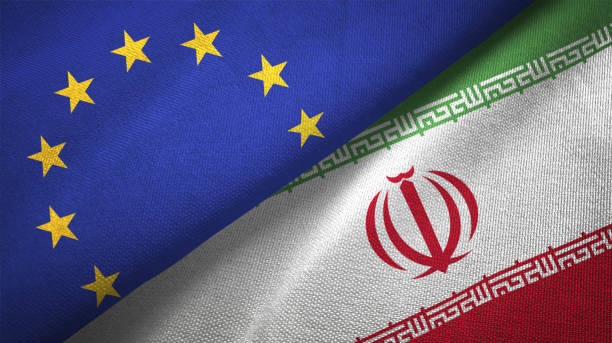On 25 July 2025, Iran and three European powers—France, the UK, and Germany—resumed face‑to‑face nuclear talks in Istanbul. These were the first such meetings since the Israeli and U.S. airstrikes on Iranian nuclear facilities in mid‑June, which had derailed earlier negotiations. The sessions, attended by Iran’s senior diplomats and the E3, lasted about four hours and were described as “serious, frank and detailed” in tone.
Iran’s Deputy Foreign Ministers Kazem Gharibabadi and Majid Takht‑Ravanchi confirmed on Saturday that both sides agreed further rounds of talks would follow soon, although no dates were set. Gharibabadi also said both parties came to the table with “specific ideas” on sanctions relief and nuclear policy, and criticised European positions on the recent conflict with Israel.
Sanctions Deadline Looms Over Diplomacy
A critical deadline is fast approaching: United Nations sanctions tied to the 2015 nuclear agreement are set to expire on 18 October, unless the so‑called “snapback mechanism” is triggered at least 30 days in advance. The E3 has set a deadline of end of August for tangible progress, after which they may seek a six‑month extension through sanctions reimposition.
Europe is demanding Iran demonstrate full cooperation with the International Atomic Energy Agency (IAEA), provide a clear account of some 400 kg of near‑weapons‑grade enriched uranium unaccounted for after the June strikes, and signal willingness to engage, at least indirectly, with the U.S.
Iran pushed back on proposals to extend U.N. Resolution 2231, calling such suggestions “meaningless and baseless.” Officials warned that triggering snapback sanctions could prompt Iran to reconsider its treaty obligations, possibly including withdrawal from the Nuclear Non‑Proliferation Treaty (NPT).
Iran’s President Hints Diplomacy Could Expand
Meanwhile, President Masoud Pezeshkian addressed the ceasefire with Israel, currently holding since 24 June 2025, emphasising that Tehran remains open to diplomatic dialogue even with its arch‑enemy, though he did not rule it out entirely. He opened one side to military readiness and the other to active diplomacy in protecting national sovereignty.
Pezeshkian also downplayed previous media reports and spoke of an assassination attempt by Israel during the last 12‑day conflict. He said trust issues remain a major barrier to any future direct talks with Washington over Iran’s nuclear programme, despite expressing general willingness to engage if trust is rebuilt.
What It Means for Global Stability and Markets
This renewed diplomacy suggests a cautious shift away from escalation and toward negotiation. The E3 appears to be offering a narrowly defined window for Iran to step back from confrontation and re‑engage on nuclear transparency. But Iran remains steadfast on its right to uranium enrichment, refusing to suspend or reverse key elements of its programme.
Financial markets have responded cautiously. Oil prices dropped in the wake of the ceasefire and talks, while investors watch for signals that the deadlock might ease. A revived deal could unlock Iranian oil exports and relieve pressure on global energy markets. Conversely, failure to meet the end‑of‑August benchmarks may trigger sanctions and prompt further instability.
A Fragile Diplomatic Opportunity
The outcome of these efforts will hinge on mutual gestures: Iran must supply more visibility into its nuclear activities, while Europe needs to offer credible sanctions relief and certainty of longer diplomatic engagement. The pressure of the snapback deadline towers over both sides.
Iran’s willingness to discuss diplomacy with Israel—or even the U.S., should trust be rebuilt—signals a pragmatic streak in leadership, especially under Pezeshkian. But at the same time, Iran’s insistence on continuing uranium enrichment reflects a deep-seated resistance to foreign demand, rooted in both sovereignty and scientific pride.
If Europe can persuade Iran to cooperate meaningfully, it may yet avoid sanctions and delay the reactivation of the snapback mechanism. But if diplomacy falters again, the region could race back toward confrontation—this time with financial and geopolitical consequences across global markets.


